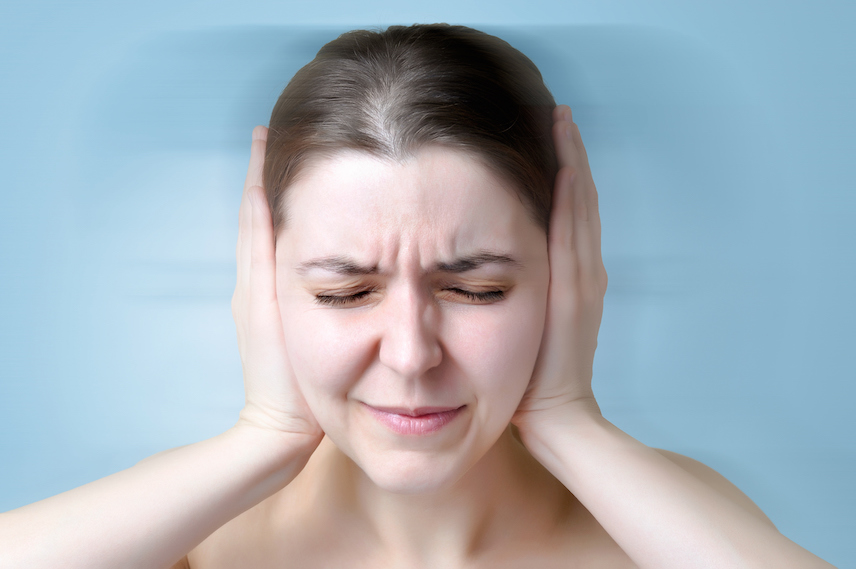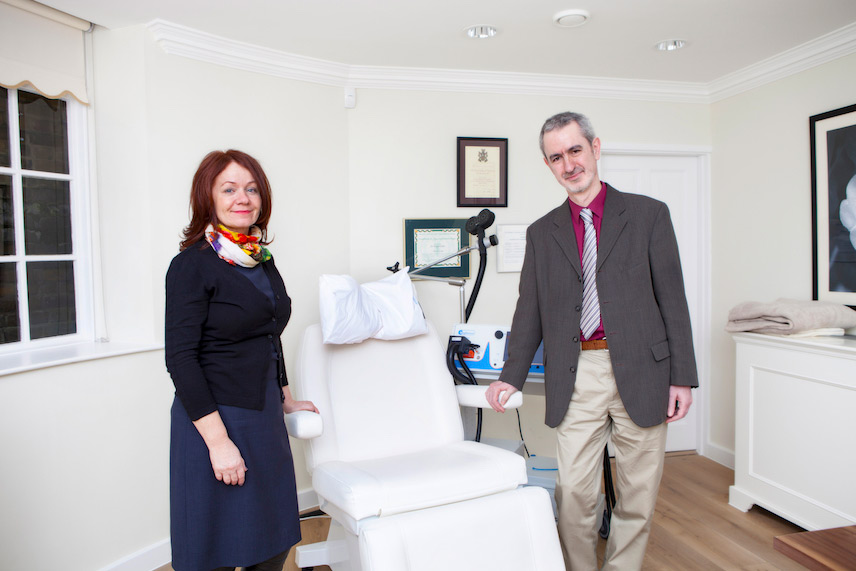Tinnitus Treatment With rTMS
The London Psychiatry Centre is the only clinic in the UK to offer rTMS to the public for the treatment of tinnitus. rTMS is proven to be an effective treatment for tinnitus (ringing in the ears), which can be a very distressing condition. We’re pleased to report that a recent systematic review of every study conducted thus far in this area1 has concluded that rTMS has a positive effect on tinnitus. As a patient, you will initially be assessed by a trusted consultant ENT surgeon allied with the centre and then treated on our premises with magnetic stimulation protocol – especially developed for this condition. The stimulation protocol targets different areas of the brain that play a part in generating the tinnitus, using both inhibiting and stimulating magnetic frequencies. The London Psychiatry Centre is collaborating with Mr Anthony Aymat, ENT Consultant to provide the best level of care for our tinnitus patients. [vc_row row_scroll_icon="no" content_aligment="center"][vc_column][eltd_icon icon_pack="linear_icons" linear_icon="lnr-phone" size="eltd-icon-medium" type="normal" icon_animation=""][vc_column_text]If you are living with tinnitus and would like to find out more about how rTMS can help, or book a consultation, please do call us on 020 7580 4224 and a member of our team will be happy to answer your questions.[/vc_column_text][/vc_column][/vc_row] References: 1. Soleimani R et al. Therapeutic impact of repetitive transcranial magnetic stimulation (rTMS) on tinnitus: a systematic review and meta-analysis. Eur Arch Otorhinolaryngol. 2015 May 13....
rTMS Treatment Results Comparison
The London Psychiatry Centre has a significantly higher success rate with rTMS treatments than other clinics. Two separate studies show our remission rate at 66% and 61%. This is double that of providers using dTMS and three times higher than the UK rTMS platinum standard where neuronavigation was used. The London Psychiatry Centre was the first private clinic in the UK that audited and published rTMS treatment results. Our clinic achieved a 61% peer reviewed remission rate over a sample of 150 patients. In a more recent, larger sample of 252 patients (the most patients treated with rTMS by any clinic in the UK), we maintained this high remission rate. For comparison: Of 44 centres in the US and Australia that have published rTMS treatment results for treatment-resistant depression, the remission rate is 29%. The remission rate for H-coil dTMS used by certain UK centres is 31%. Northampton NHS Trust reported a 20.8%1 remission rate using the same questionnaire as The London Psychiatry Centre (BDI-II). A recent study which analysed five private TMS providers and five teaching hospital NHS foundation trusts found that using neuronavigation, considered to be a state-of-the-art technology to refine rTMS and iTBS targeting, provided remission in only one-fifth (20%) of patients. In July 2020 we analysed a selection of 252 treatment resistant patients who had been unable to achieve satisfactory results with antidepressant medication. Our results showed that 61% of these patients achieved remission (full recovery) within six weeks. The majority of these patients had been well for between 1-12 months with maintenance rTMS treatment. 35%, did not respond to treatment, 3% experienced a 50% improvement in symptoms and 1% experienced a 75% improvement. There have been no side effects noted. In comparison, a study based on findings in a US academic medical centre published in The Journal of Clinical Psychiatry2, shows the effectiveness of rTMS in 100 individual cases with a remission rate (full recovery) at six weeks of 24.7%. Depression and Anxiety, The Official Journal of ADAA3, published that 42 separate clinical rTMS practice centres, including some Ivy League centres, were assessed with remission results ranging from 26.5-28.7%. In addition, a recent review of a TMS Centre in Australia4 showed a remission rate of 28%. In the UK, Northampton NHS Trust published their figures1 which showed a remission rate of 20.8% using the Beck Depression Inventory (BDI). Some UK centres use different types of magnetic coil in their treatments, such...



